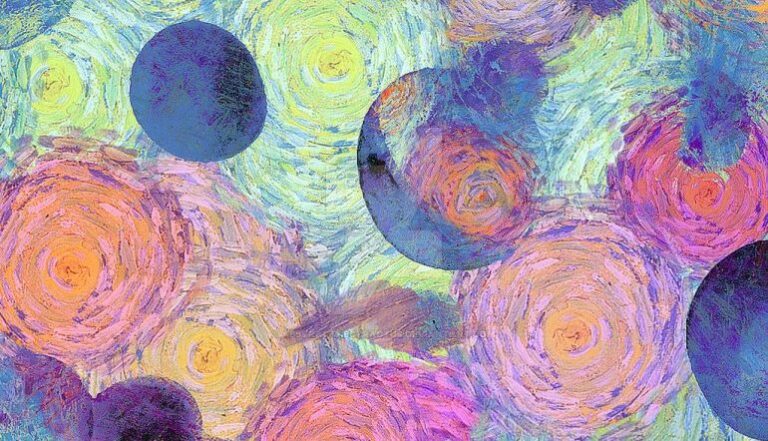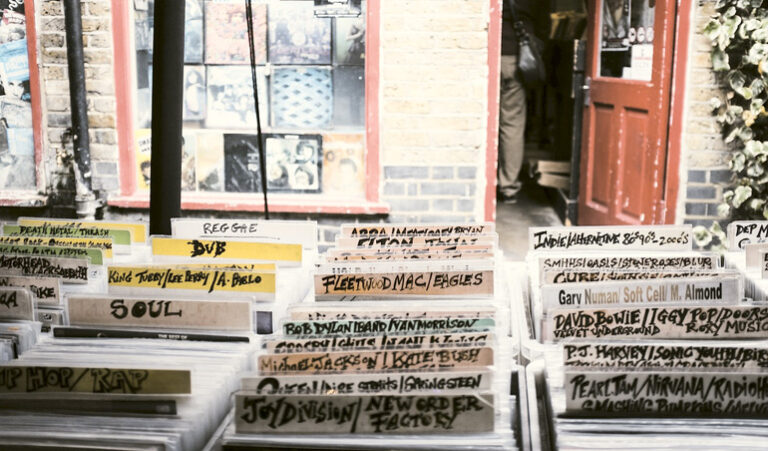The Best Short Story I Read in a Lit Mag This Week: “Los Angeles” by Ling Ma

In Marie-Helene Bertino’s “Edna in Rain” (reviewed in February), the narrator’s ex-lovers are literally raining from the sky, leaving her to deal with the surprising consequences. In Ling Ma’s “Los Angeles” (Granta), the narrator has similar problems with past lovers, leading to a wild exploration of memory’s hold on the present.
In the first paragraph, Ma’s narrator describes what’s up.
“The house in which we live has three wings. The west wing is where the Husband and I live. The east wing is where the children and their attending au pairs live. And lastly, the largest but ugliest wing, extending behind the house like a gnarled, broken arm, is where my 100 ex-boyfriends live.”
Ma represents physically the reality of that oft-used Faulkner quote: “The past is never dead. It’s not even past.”
The narrator’s past is as real as her present, and not nearly as healthy. While the east wing and west wing—which house her current life—are presumably nice enough to avoid description, her ex-boyfriend’s wing is compared to a disfigured, broken limb.
Ma reveals the narrator’s present life through interactions with her husband, whose life focus is made clear through dialogue sections like this:
“After we’ve disembarked, the Husband comes home from the investment firm…
Hi honey, I say. How was your day?
$$$$, $$$ $$ $$$$, he says. $$$$$$$$$$ $ $$$.
Well, did it go up or down?
$$$ $$$$$ $$.
Does that mean you’re working this weekend?
$.
The Husband is a resting place. He is a chair. Sometimes I drape myself over him and I get the physical comfort of not being alone.”
“The” Husband is clearly—and hilariously—a distant workaholic. While this may seem troubling, his companionship is safe and restful, and that’s enough; perhaps it’s even preferred. Which begs the question, what happened to make settling with the husband a good option?
Ma reveals that the answer rests with two of the men living in the other wing:
“Aaron because I was in love, Adam because he beat me. I met Adam first, then Aaron. The wound, then the salve. Maybe you don’t know that you’re wounded until you receive the salve. The salve that makes everything come back. After you get beaten, you don’t go out. Your face swells into a snout. You don’t buy Tylenol or groceries because you’d look like an animal loosened onto the streets.”
The two experiences that really matter to the narrator are love and abuse. Both are so very hard to move beyond. But, in a plot twist, there’s evidence that the narrator is in fact getting beyond her past. First—and notably—Aaron, her love, leaves. Then:
“There are 99 ex-boyfriends. Then 59. Then 29. Then 9. They move out. They get jobs. They get married. Their Christmas cards fill our mailbox, along with Hanukkah and Kwanzaa cards, featuring photographs of families in matching sweater vests on Alpine ski slopes or in front of blue-screen fireplaces.”
Ma’s presentation of this occurrence is insightful. While the reader recognizes the departures as a good thing, the narrator doesn’t experience that same joy. At most, she’s indifferent, in the case of Aaron, she experiences profound sadness. Another story might have had her kicking them to the curb in triumph, ignoring the pain that accompanies even the best kinds of loss. Ma preserves this complexity.
But what of Adam? Of the two that matter, he—the abuser—is still living with them. Ma again flips the script, having the cops show up to her house. Adam, it seems, is wanted for a string of domestic abuse cases. The officers and her entire family chase Adam through the wing and into the yard, ending with the narrator pursuing him.
“I chase him downhill, towards the freeway, the traffic lights, cars honking, radios playing a mash of songs about heartbreak and ruin, heartbreak and memory, heartbreak and hatred, how it’s the deeper intimacy.
I reach out and almost touch his shirt. I can feel the warmth of his skin, I can smell the sourness of his sweat. He jumps beyond my reach.
But I am close. I am so, so close.”
Midway through the story, the narrator philosophizes that “To live is to exist within time. To remember is to negate time.” The ending leaves me hopeful that the narrator will soon be rid of the worst negation. Some memories leave of their own free will—unfortunately, often the best ones. I don’t think it’s on accident that Ma chose Aaron as the first to leave. But others—those of “heartbreak and hatred,” such as Adam—dig in their heels. They are often the last to go, and not willingly.


